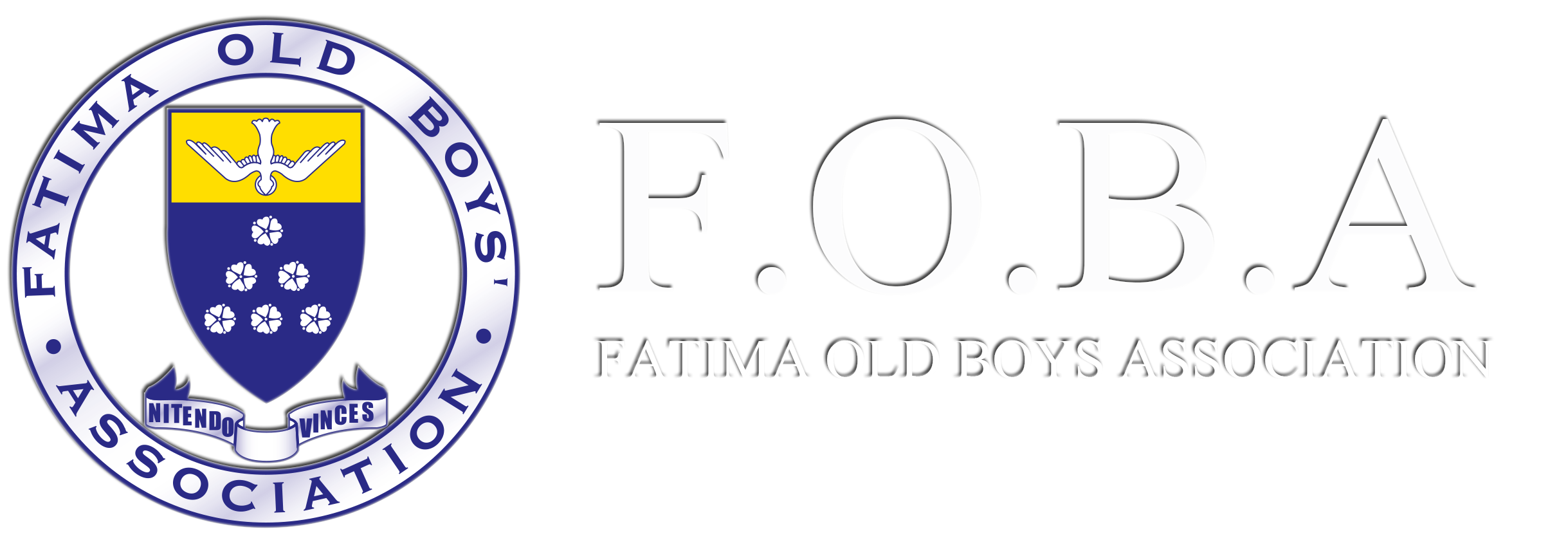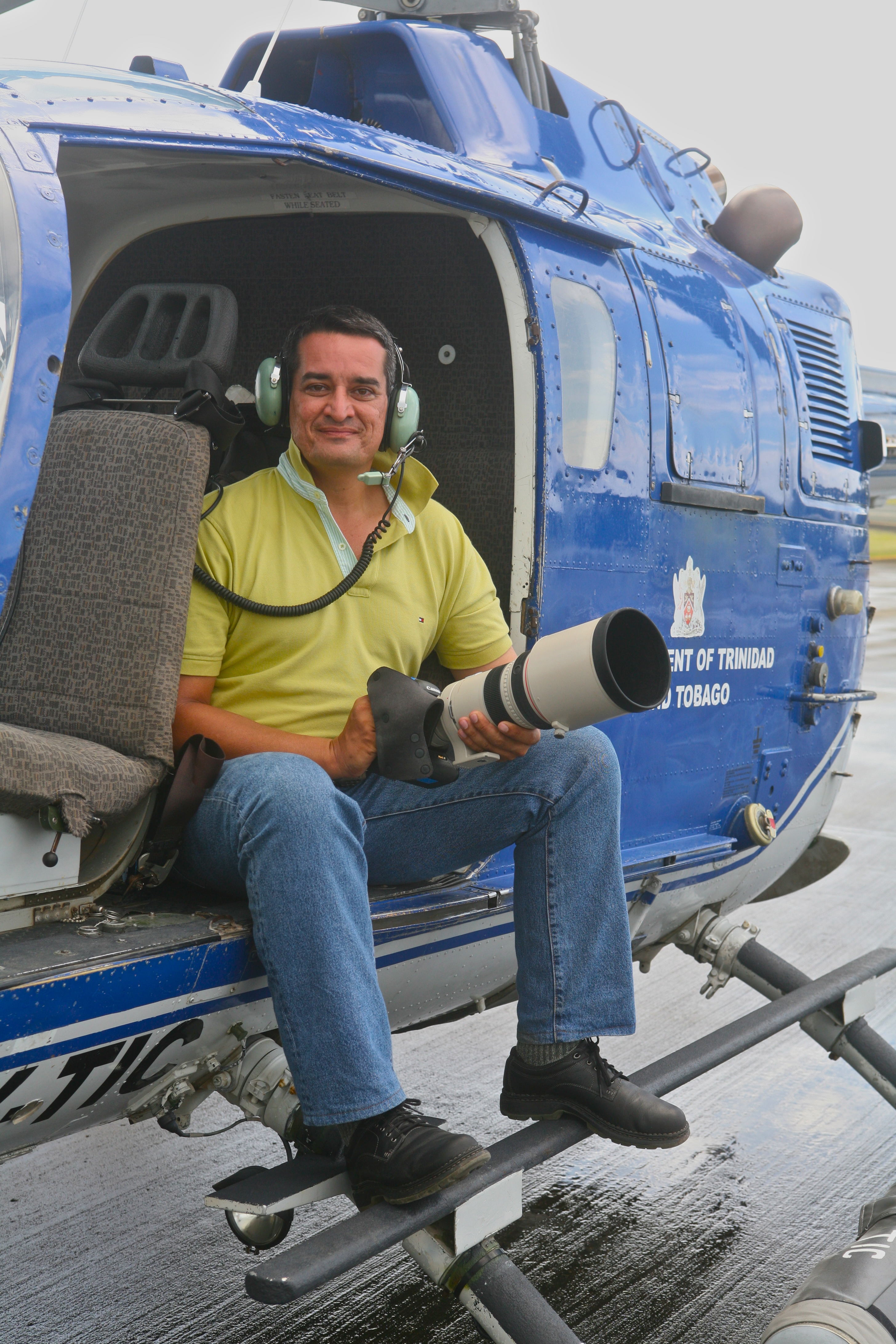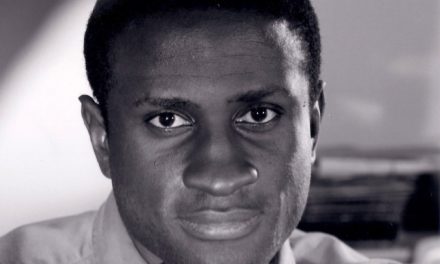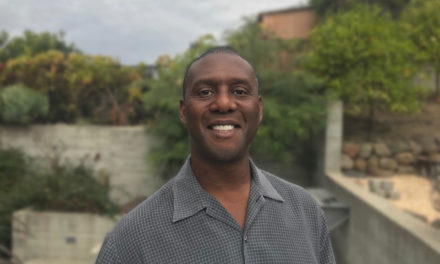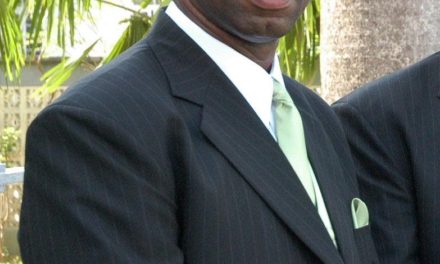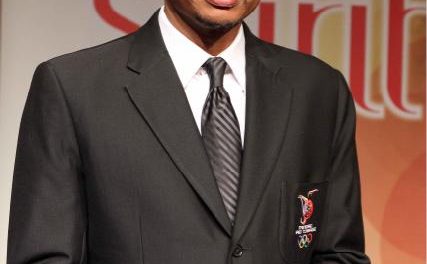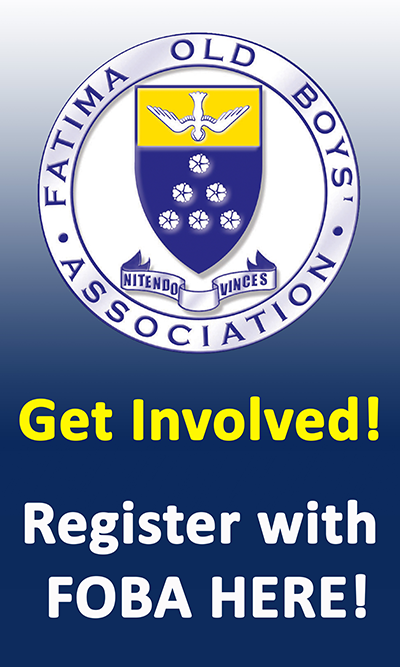- Views 2127
- Likes
An interview with Stephen Broadbridge, owner of Caribbean Discovery Tours, (www.caribbeandiscoverytours.com), the pioneer of Eco-tours in Trinidad and Tobago. He offers expertly guided Kayaking, Hiking, Camping, and Scuba adventures. He also recently launched another website for those who wish to view his photography, www.stephenbroadbridge.com.
As a photographer of wildlife Stephen supplies an archive of forest, wetland and urban images for international publications-periodicals, brochures and posters such as The Economist, Island Magazine and Eco Traveller Magazine.
Stephen offers organisation and management advice and guidance for academic courses and special services for Filmmakers. He co-produced the award winning wild-life documentary, “Wild T and T” and assisted the BBC on their filming of “Wild Caribbean”.
- Tell me about your memories of Fatima
- I have both pleasant and non-pleasant memories. I appreciated the efforts of our teachers as school must have been difficult with the large classes of about 40 students. To me the entire education system in Trinidad and Tobago needed help back then and still needs help. I don’t think it develops creative minds; creativity was not important – it was more about learning to regurgitate in exams, something I was pretty bad at. I remember getting in a lot of trouble because my spelling was pretty bad; a teacher once told me it was atrocious, to which I told the teacher that I had spelt the word in question six different ways for the year, while the rest of the class only new one way, so I was indeed the best speller! I think I got in trouble for that.
- What are some of your fondest memories of Fatima?
- Sea Scouts was one. Some great students – I made a lot of good friends there. Many good teachers as well – not all of them, but the majority.
- How has your Fatima experience molded you?
- Well, I learnt how to run and hide (Laughs). I think I gained more from the people (students and teachers) than I did from the formal learnings. The people around me day-to-day influenced me, for example, Sea Scouts really improved my communications skills and was overall a positive experience
- Did the Sea Scouts help turn you into an environmentalist?
- Honestly I was an environmentalist and into nature long before Fatima College, but understanding things better really did help. I remember Mr. Niles teaching us many things about the world. What I did retain really stayed with me, and a lot learned in his geography class still helps me today.
- How difficult is it being an environmentalist in Trinidad?
- One of the biggest challenges is getting the authorities to do things that need to be done, and also getting the support of the public. It is really heartbreaking to look at miles of forests and know the devastation that is happening and yet the average Trini does not give a damn; that is disheartening. Everyone should be an environmentalist. We all take care of the houses we live in, yet we inhabit the world and don’t take care of it – it’s not mine alone, we are all the keepers of the land, not just a few of us. Sometimes it seems like members of the public are passing the buck re their responsibilities by labeling some of us as environmentalist while they carry on as usual.
- What are your environmental groups?
- I started something with two friends called ‘Trini EcoWarriors’. I am now involved in ‘PapaBois’, a facebook group that’s growing into more, and I am also involved in Earthwise and a couple more groups like that. My company ‘Caribbean Discovery Tours’ has been running for over twenty years, and probably has the best reputation on the island for ecotourism, as noted by many magazines and travel books.
My wildlife photography is widely published and goes hand-in-hand with my tours. Fortunately many things in my life have aligned well in this regard. A lot of my portfolio is published, by the Business Development Company, National Geographic and other magazines; it’s always a pleasure to work with professionals. I am also often used as a location scout for numerous documentaries and films. I have also produced for ‘Wild T&T’, an award winning documentary on Trinidad and Tobago.
- How about family life, how has that developed?
- Well, I am not married, and I have no children, well as far as I know (laughing).
I was quite busy while a lot of the other guys from my time were getting married. I was away for a while but I always knew I would be coming back home. I had a great job in London, and experienced the British culture, but I felt that Trinidad needed me more than the UK did. I was also in the Himalayan Mountains in Nepal, in Katmandu and other places in the Far East, while I guess my peers choose the adventure of family life instead.
- With everything happening in the country and the Caribbean right now, what are your dreams and hopes for yourself and the country?
- Well for myself I really hope to be able to continue to do what I really enjoy. One of the scariest things of being out there doing your own business is that you are always wondering if one day there will be no income – no tourists come or nobody buys my pictures etc. Many guys enjoy the comfort of a salary, even though of course companies can and do go bankrupt as well. But for me, so far so good, as I can continue to do the things I enjoy and still make a living.
Regarding the country, I would like to see citizens become more sensitive to everything from nature to culture to our heritage. I see our ancient buildings deteriorating and nobody seems to care; I see environmental issues looming and nobody seems to care. I would love to see Trinidadians show more love for our country. Patriotism doesn’t only mean jumping in the air when your team scores a goal; it is also supporting your country when and where things are not going well. People need to be more vocal, to get up and make demands on government, and to be less self-serving. For example, people don’t generally vote for things to better the country, but for things promised to better them personally. We need to think of the bigger picture to help our country move ahead, to be a more generous people, and also think about the people being left behind as we progress.
- What are some of the projects, initiatives and jobs that you are working on currently?
- I would like to publish my own book, as I have worked on so many other people’s books. I have the material ready, it’s just to put it together and publish.
I would like to do another documentary, maybe a couple. I might be getting more into video. And Caribbean Discovery Tours, I am excited about progressing even further.
So it’s no major changes, nothing remarkably different – I’m not expecting any major career changes unless some major change happens.
- And from your Fatima experience, do you still have many friendships after 33 years?
- I do, more on a professional level, but also on a friendship level. I chat with many folks still; it’s always great to chat with old friends from all the way back, it means a lot to me.
I have also gone into ventures with some of my former peers, for example David Borely, who is now deceased; we worked together on a series called ‘Prissy Troupers’. I also did work with and helped another schoolmate and friend, Simon Farrell, also now deceased,.
I also do work for FOBA in the form of photography for its events, even though each time they tend to lock me outside for about 20 minutes before I get in (smiling). It’s my form of donation and giving back to our school.
- Anything else you want to talk about?
- Again, I wish the education system in Trinidad would change and that they would start appreciating creativity much more and taking it seriously, not just in Fatima but across the board.
When I was in Primary school I won the annual art show every year, without exception. In fact, one year I won both first and second place. When I got to Fatima College however, the art room looked like a large storage room, there was no space for anyone; it showed how obviously secondary and unimportant Art was seen as. For me, anybody who thinks that art is unimportant is truly disadvantaged, as you cannot look at even a straight line and not see something that someone was paid to design. The chair we are sitting on, the desk, the clothes you are wearing, they are all designed by an artist. For our art room to have been a storage room was a disaster.
Trinidadians in mass lack creativity; yes we have a few talented mass-men and performers, but that is the minority. When you look at Katmandu and those areas, people make things out of nothing, out of garbage. Toys of exquisite quality and design from tin cans, all types of craft etc. The majority of our people lack creativity, not because it is inherently absent but because the school system has suppressed it. Our education system is about memorizing and regurgitating. So much is not being taught, and creative minds are not being developed. I think Fatima failed in this regard in that they didn’t value things like art, drama and music in our time.
I hope that these things will change, and that people will realize the importance of art, culture and nature. Maybe if we develop these sensitivities we would see a reduction in the abuse of women and children, and a more caring society in many respects overall.
